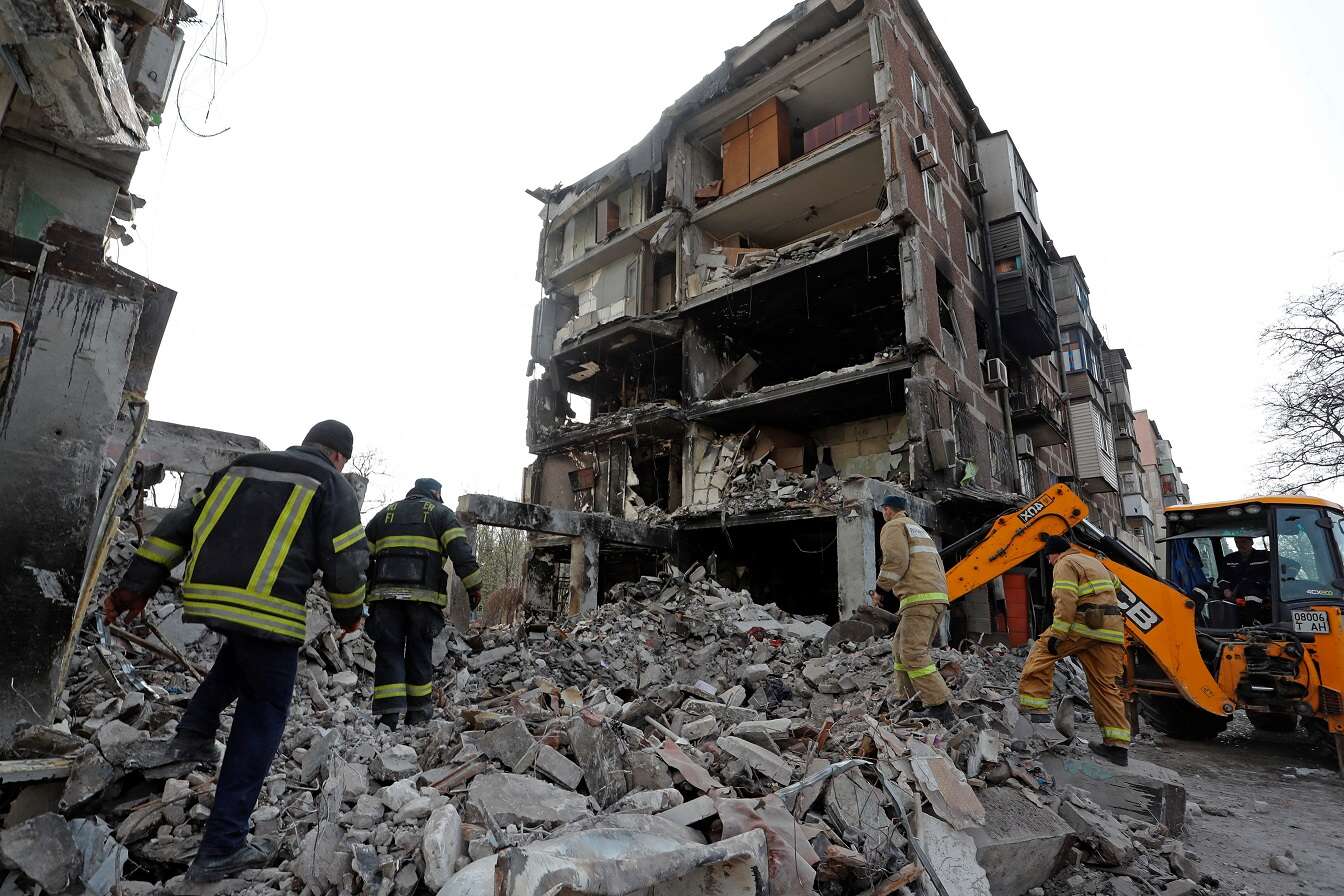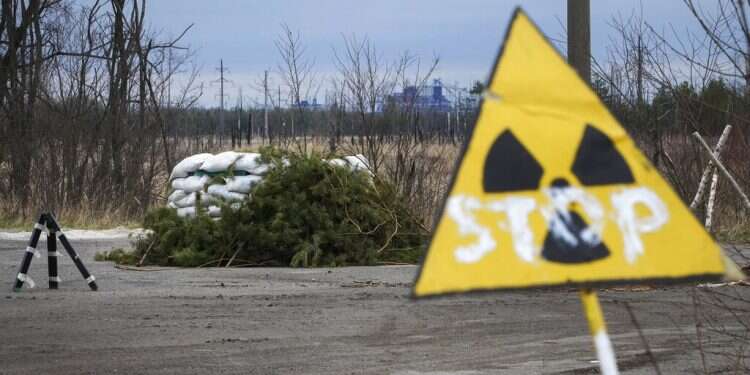Russian forces hit 1,053 Ukrainian military facilities overnight, destroying 106 firing positions, the country's Ministry of Defense claimed on Wednesday, as Norway announced it is donating about 100 air defense systems to Ukraine with the Scandinavian country's defense minister saying that "the country is depending on international support to resist Russian aggression."
Follow Israel Hayom on Facebook, Twitter, and Instagram
Bjørn Arild Gram said Norway had donated French-made Mistral short-range missile systems which currently are being phased out by the Norwegian Armed Forces, "but it is still a modern and effective weapon that will be of great benefit to Ukraine," Arild Gram said.
The weapons have already left Norway which previously has donated 4,000 anti-tank missiles, protective equipment and other military equipment to Ukraine, he added.
Russia has given Ukrainian fighters still holding out in Mariupol a fresh ultimatum to surrender on Wednesday as it pushed for a decisive victory in its new eastern offensive, while Western governments pledged more military help to Kyiv.
Russia hurled its military might against Ukrainian cities and towns and poured more troops into the war, seeking to slice the country in two in a potentially pivotal battle for control of the eastern industrial heartland of coal mines and factories.

The fighting on Tuesday unfolded along a boomerang-shaped front hundreds of miles long in what is known as the Donbas. If successful, it would give Russian President Vladimir Putin a victory following the failed attempt by Moscow's forces to storm the capital, Kyiv, and heavier-than-expected casualties.
In Mariupol, the now-devastated port city in the Donbas, Ukrainian troops said the Russian military dropped heavy bombs to flatten what was left of a sprawling steel plant and hit a hospital where hundreds were staying.
The eastern cities of Kharkiv and Kramatorsk came under deadly attack. Russia also said it struck areas around Zaporizhzhia and Dnipro west of the Donbas with missiles.
Thousands of Russian troops backed by artillery and rocket barrages were advancing in what Ukrainian officials have called the Battle of the Donbas.
Russia's nearly eight-week-long invasion has failed to capture any of Ukraine's largest cities, forcing Moscow to refocus in and around separatist regions.
The biggest attack on a European state since 1945 has, however, seen nearly 5 million people flee abroad and reduced cities to rubble.
Russia was hitting the Azovstal steel plant, the main remaining stronghold in Mariupol, with bunker-buster bombs, a Ukrainian presidential adviser said late on Tuesday. Reuters could not verify the details.
"The world watches the murder of children online and remains silent," adviser Mykhailo Podolyak wrote on Twitter.
Subscribe to Israel Hayom's daily newsletter and never miss our top stories!
After an earlier ultimatum to surrender lapsed and as midnight approached, Russia's defense ministry said not a single Ukrainian soldier had laid down their weapons and it renewed the proposal. Ukrainian commanders have vowed not to surrender.
"Russia's armed forces, based purely on humanitarian principles, again propose that the fighters of nationalist battalions and foreign mercenaries cease their military operations from 1400 Moscow time on 20th April and lay down arms," the Russian Defense Ministry said.
The United States, Canada and Britain said they would send more artillery weaponry, and the White House said new sanctions were being prepared.
US President Joe Biden is expected to announce a new $800 million military aid package that will include additional artillery and ammunition, according to a US official.
Canada and the Netherlands also planned to send more heavy weapons, their prime ministers said.
UN Secretary-General Antonio Guterres called for a four-day humanitarian pause in the fighting this coming weekend, when Orthodox Christians celebrate Easter, to allow civilians to escape and humanitarian aid to be delivered.
Russia's war in Ukraine is to blame for exacerbating "already dire" world food insecurity, with price and supply shocks adding to global inflationary pressures, US Treasury Secretary Janet Yellen said.




